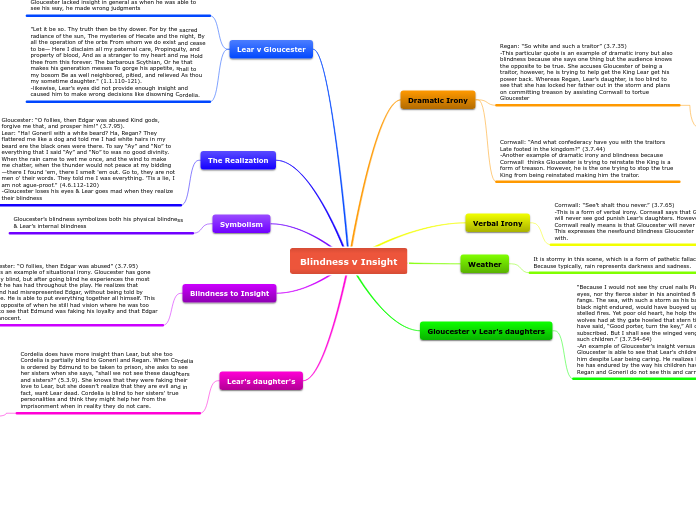par jar aft Il y a 6 années
2492
Mind Map King Lear
The text examines the themes of blindness and insight, particularly through the use of verbal and dramatic irony in the interactions between characters such as Cornwall, Gloucester, and Lear.

par jar aft Il y a 6 années
2492

Plus de détails